-
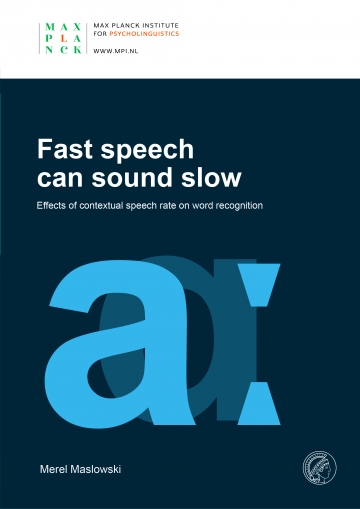 06 November 2019
06 November 2019Merel Maslowski will defend her thesis Thursday 12th of December 2019
On Thursday 12th of December 2019, at 11.00, Merel Maslowski will defend her thesis entitled "Fast speech can sound slow: Effects of contextual speech rate on word recognition" in the Senaatszaal of...
-
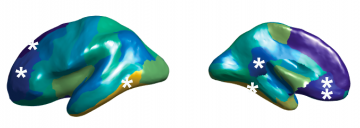 31 October 2019
31 October 2019People with autism have a more symmetrical brain
Do people with autism have differently organised brains? A large-scale MRI study, published in Nature Communications, reports fewer differences between the right and left hemispheres in people with...
-
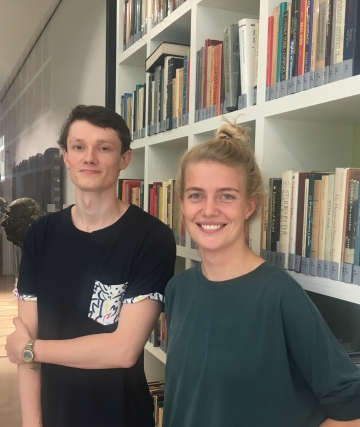 29 October 2019
29 October 2019Saskia Mooijman en Tim Zee winnen schrijfwedstrijd IMPRS
De IMPRS voor Taalwetenschappen traint studenten om te schrijven over taalonderzoek voor het grote publiek middels een jaarlijkse schrijfwedstrijd. De IMPRS-studenten krijgen les van...
-
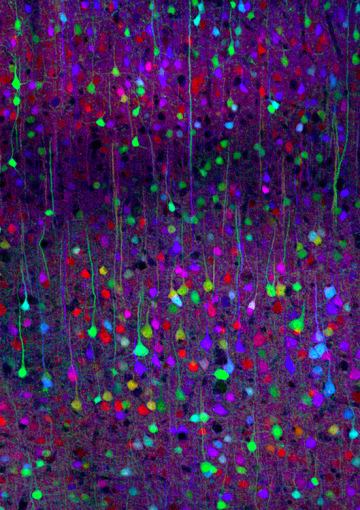 21 October 2019
21 October 2019Synaesthesia gives new insights into how we experience the world around us
Sometimes described as a blending of the senses, synaesthesia is an unusual trait where exposure to a triggering stimulus (e.g. music or letters of the alphabet) causes an immediate additional...
-
 07 October 2019
07 October 2019Why the language-ready brain is so complex
In a review article published in Science, Peter Hagoort, professor of Cognitive Neuroscience at Radboud University and director of the Max Planck Institute for Psycholinguistics, argues for a new...
-
 01 October 2019
01 October 2019Neuroimaging reveals hidden communication between brain layers during reading
Language involves many different regions of the brain. Researchers from the Max Planck Institute for Psycholinguistics and the Donders Institute at Radboud University discovered previously hidden...
-
 26 September 2019
26 September 2019MPI’s Evan Kidd named as Australia’s leading researcher in Language and Linguistics
The MPI is proud and happy to announce that Senior Investigator Evan Kidd has been named Australia’s leading researcher in Language and Linguistics. The prolific Australian-born linguist is an expert...
-
 19 September 2019
19 September 2019Learning to read boosts the visual brain
How does learning to read change our brain? Does reading take up brain space dedicated to seeing objects such as faces, tools or houses? In a functional brain imaging study reported in Science...
-
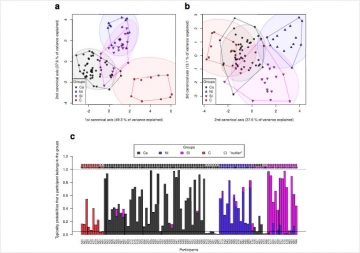 19 August 2019
19 August 2019Variation in the shape of speech organs influences language evolution
Why do speech sounds vary across languages? Does the shape of our speech organs play a role? In a computer modelling study reported in Nature Human Behaviour, researchers from the Max Planck Institute...
-
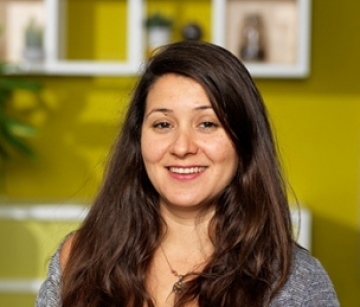 17 July 2019
17 July 2019Community size matters when people create a new language
Why do some languages have simpler grammars than others? Researchers from the Netherlands and the UK propose that the size of the community influences the complexity of the language that evolves in it...
Share this page